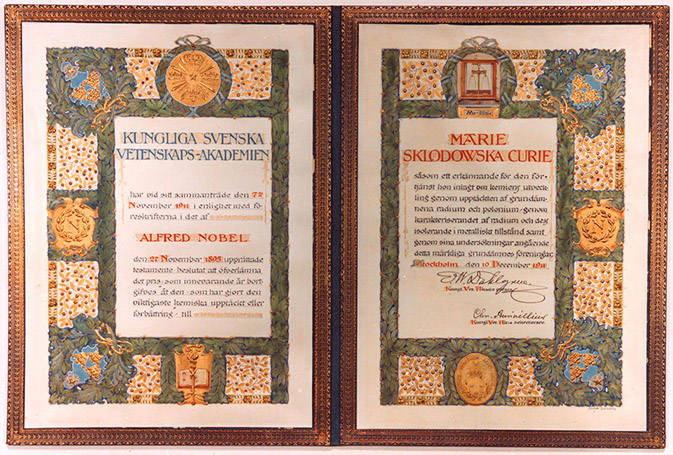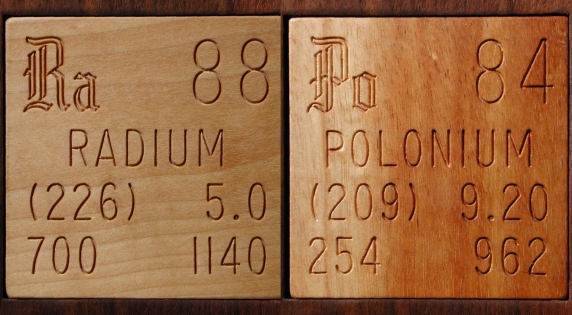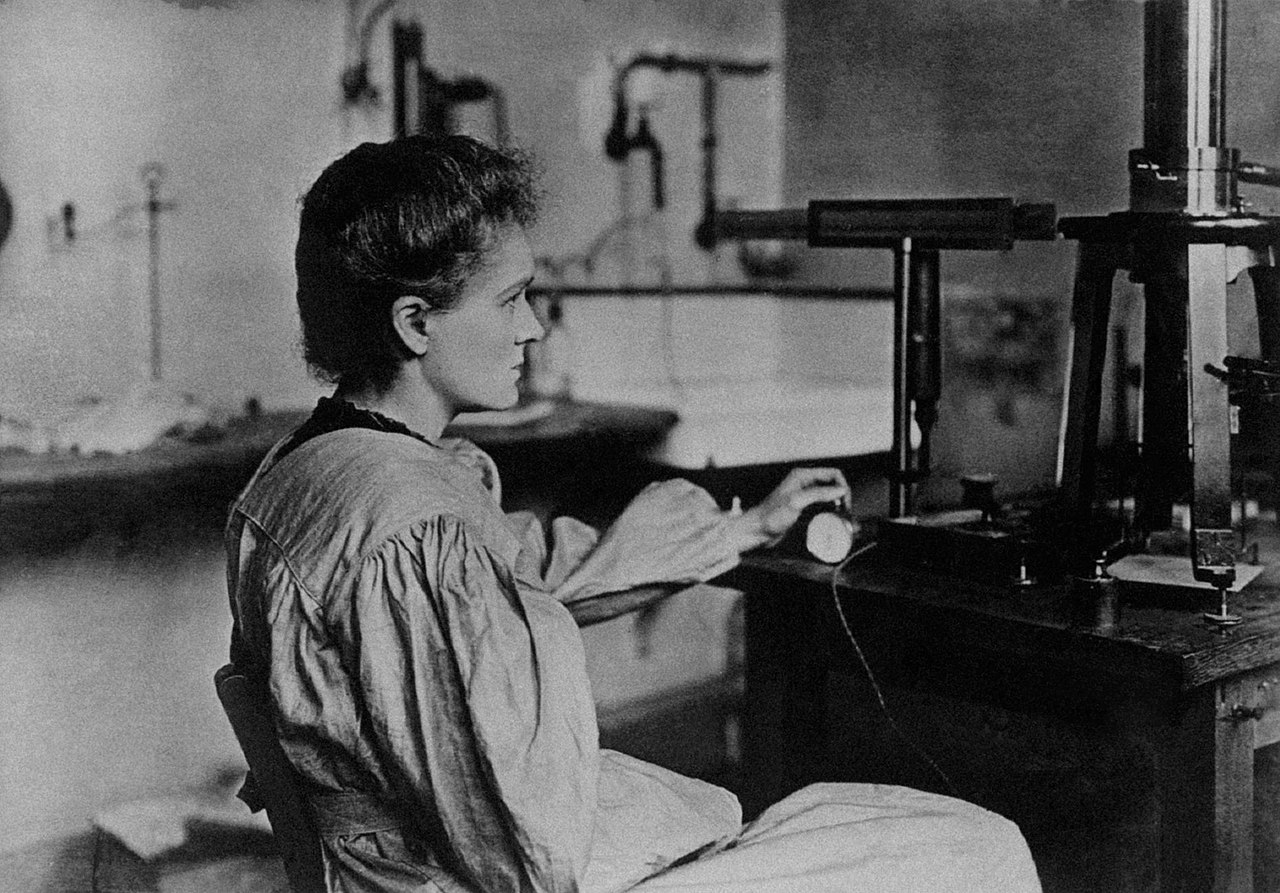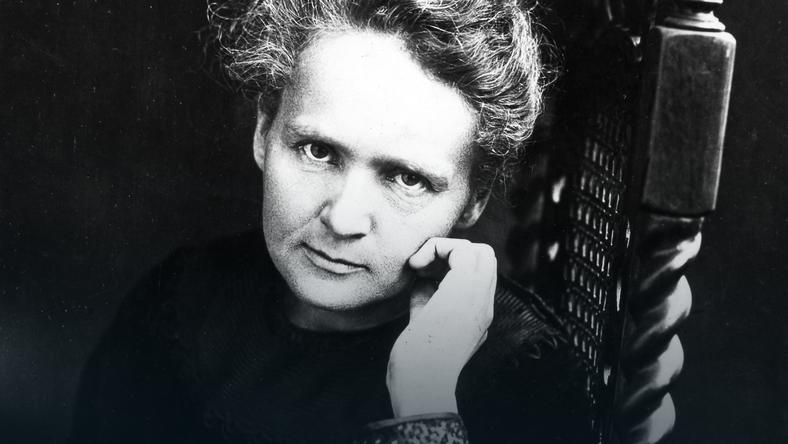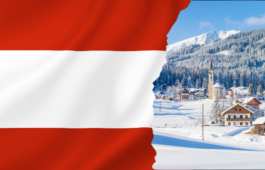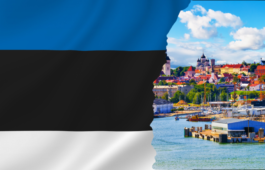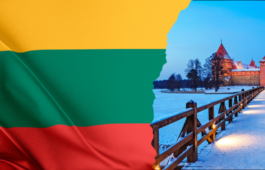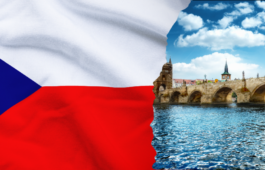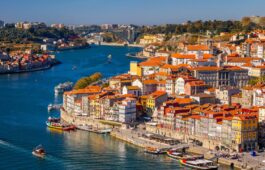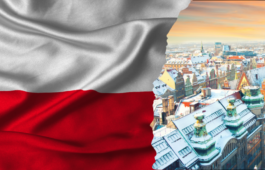Exactly 150 years ago, on 7 November 1867, Marie Skłodowska, Polish scientist was born in Warsaw in Poland.
Curie was the first woman to win a Nobel Prize. She became the first person to win the Nobel Prize twice. She is still the only person to win Nobel Prize in two different sciences: in physics in 1903 and in chemistry in 1911.
Both of Curie’s parents were teachers. Her father, Wladyslaw, was a math and physics instructor. When she was only 10, Curie lost her mother, Bronislawa, to tuberculosis.
Curie’s accomplishments included the development of the theory of radioactivity, techniques for isolating radioactive isotopes, and the discovery of two chemical elements, polonium and radium. Under her direction, the world’s first studies were conducted into the treatment of neoplasms, using radioactive isotopes.
Marie Curie founded the Curie Institutes in Paris and in Warsaw, which remain major centers of medical research today. During the First World War, she developed mobile radiography units to provide X-ray services to field hospitals.
While a French citizen, Curie always maintained her Polish identity. She taught her two daughters the Polish language and took them on visits to Poland. She named the first chemical element that she discovered—polonium, which she isolated in 1898—after her native country. She is one of the most known Polish scientist.
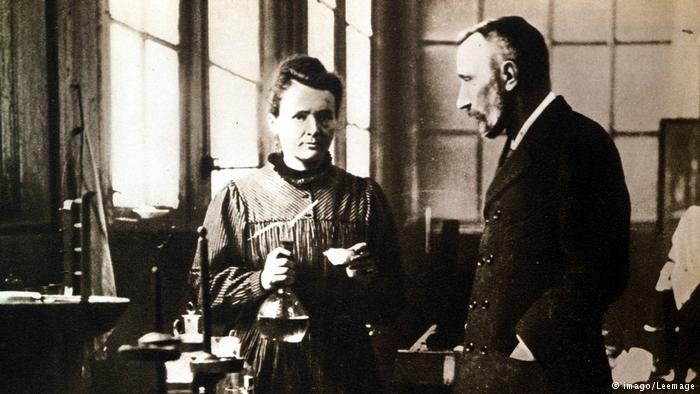
Marie Curie died on 4 July 1934 at 66 at the Sancellemoz sanatorium in Passy, Haute-Savoie, France, of aplastic anemia from exposure to radiation in the courses of her scientific research and her radiological work at field hospitals during the First World War.
